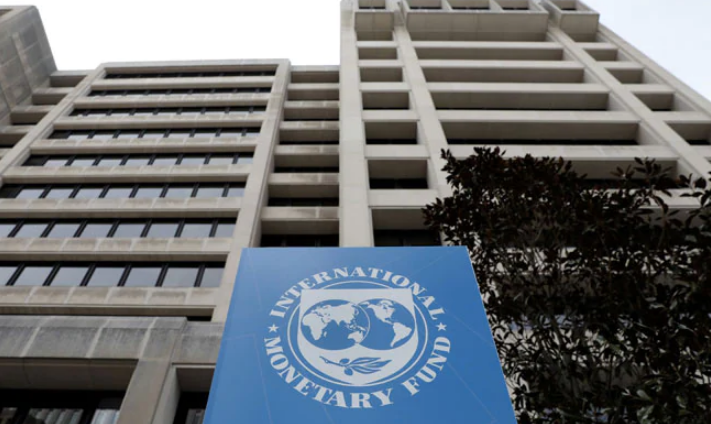KARACHI: The rupee is expected to make gains in the coming week driven by dollar sales by exporters and optimism about the country’s economy after the International Monetary Fund’s (IMF) deal, reported on Sunday citing dealers and analysts. In the outgoing week, the local currency recovered 0.36% against the dollar, breaking a 17-day losing streak in the interbank market and rising from 287.55 on Monday to 286.50 on Friday.
The local unit has recently appreciated due to the optimism sparked by the IMF review and its positive response, which boosted investors’ confidence in the economy, according to dealers.
“We expect the rupee’s rally will continue as the market’s inflows have started to improve. Exporters are returning to the market to sell dollars in anticipation that the rupee will appreciate further in the coming days. Improved supplies and a positive outlook support the rupee,” said a currency dealer.
IMF staff and the Pakistani authorities on Wednesday reached a staff-level agreement on the first review under Pakistan’s stand-by arrangement (SBA), subject to approval by the global lender’s Executive Board. Upon approval, the country is set to get approximately $700 million, bringing the total disbursements under the SBA to nearly $1.9 billion.
“As soon as the staff-level agreement was announced with the IMF, the top machinery, including the caretaker prime minister, the interim finance minister, and the governor of the State Bank of Pakistan came out with guns blazing and spoke all positives to reinforce the sentiment,” said Tresmark, a financial technology firm, in a weekly client note on Saturday.
“The verbal intervention was accompanied by market tactics to bring down the local currency. Allegedly, import payments were postponed, and new letters of credit issuance were restricted and oversight in market trading was intense,” it said.
The reversal in currency’s trend has reintroduced exporters to sell forwards, even though forward premiums were down by 30% (one and three months ended the week at 190 and 430 paisa).
“The market now estimates that the rupee will strengthen to around 282/$, whereupon the SBP will restart its dollar buying. Positive news flows like lending from multilaterals and the IMF’s executive board approvals will keep Rupee buoyant,” said the Tresmark.
Positive developments are helping to sustain the rupee’s upward trajectory in the coming days. The government hopes that the country’s foreign exchange reserves will increase following the country’s impending IMF loan instalment, which will also facilitate the swift unlocking of financing from other multilateral partners that the government has already negotiated.
As of November 10, Pakistan has $12.5 billion in foreign exchange reserves, up from $8.5 billion in May. The remittances and exports are improving. The current account deficit for October is expected to shrink to $100 million.
It is projected that Pakistan will get approximately $1.2 billion in financing from the World Bank, Asian Development Bank, and Asian Infrastructure Investment Bank before the end of the year. The government also expects more inflows from Saudi Arabia and the United Arab Emirates to support the country’s economy.
Over the last 20 days, the global oil prices (Brent) have decreased by 17%, from $97 to $80 per barrel.
Treasury bills and bonds’ cut-off yields are trending downward. Due to the base effect and tight monetary policy and base effect, inflation is predicted to decline significantly starting in January; interest rates are positive on a forward-looking basis.
“But it’s too early to claim success,” said Tresmark and added that the geopolitical risks in the region are substantial, the US fiscal crisis is a global threat, highly likely chances of recession in Europe, the UK, China, and swathes of emerging markets where sovereign debt trades at distressed levels, Ukraine/Russia conflict and China’s epic property/debt crises will keep markets on their toes.
“But the real disappointment is still the slow progress of reforms within the country, which includes low productivity, low tax to GDP, fiscal mismanagement, energy reforms, privatisation of loss-making SOEs, etc,” it noted.
“No amount of verbal intervention and optics management will improve the country’s financial health. With less than 3 months to the next elections, we can hear investors say, welcome to the real world.” –Agencies





